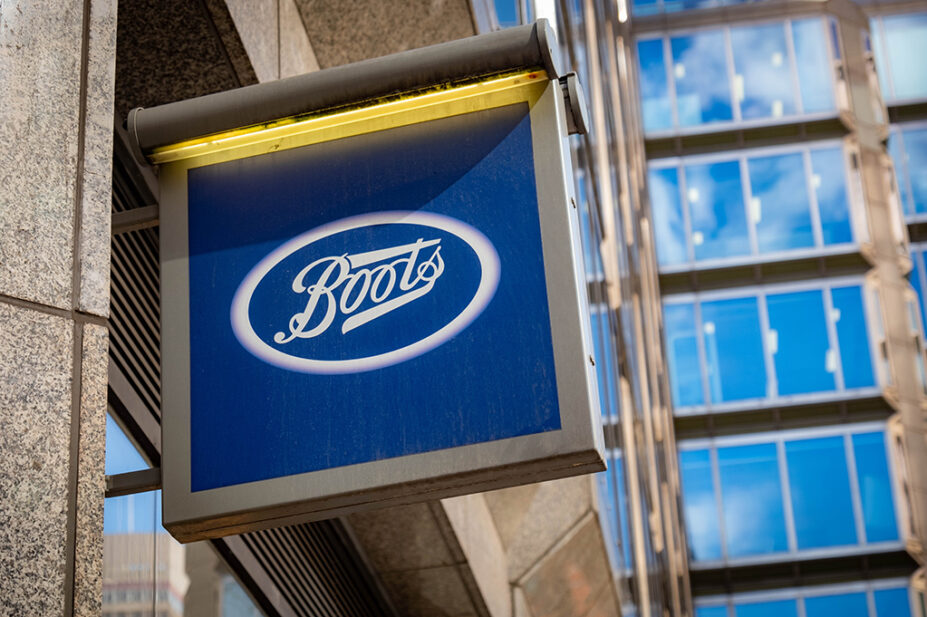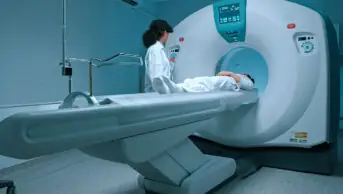
Shutterstock.com
Boots pharmacies are to trial a “sponge-on-a-stick test” to help prevent oesophageal cancer, NHS England has said.
NHS England announced on 9 July 2025 that the “heartburn health check” will be offered to people who regularly buy over-the-counter heartburn medications but have not yet seen a GP.
It explained that the test uses a small absorbent pill attached to a thread, which the patient is asked to swallow. The pill then expands in the stomach and, when it is pulled out, it collects cells from the lining of the oesophagus, which can be sent to a lab and tested for pre-cancerous changes.
The test checks for Barrett’s oesophagus, which is a change in the cells lining the oesophagus and can be accompanied by symptoms of indigestion and heartburn.
Barrett’s oesophagus can sometimes lead to oesophageal cancer.
“Delivered by a health professional in under ten minutes, the test could help shift care from hospitals to the community as part of the ten-year health plan,” NHS England said.
The test is already in use in hospitals and community diagnostic centres.
The community pharmacy pilot — which will be run in collaboration between Boots and Cyted Health — is aimed to offer the tests to around 1,500 people in London and the East Midlands from early 2026.
The pilot is expected to run for two years, at which point it will be evaluated to see if a wider rollout is valuable.
Ashley Dalton, minister for public health and prevention, said: “As part of our ten-year health plan, we promised a neighbourhood health service — convenient care nearer to where people live. Today’s announcement is a fantastic example of the lifesaving potential of healthcare on your high street.
“With more than 8,000 people diagnosed with late-stage oesophageal cancer each year, being able to spot the warning signs using a ten-minute test in a local pharmacy — before cancer has even taken hold — will be a game changer.”
Jamie Kerruish, director of healthcare at Boots, said: “We believe that community pharmacy has a vital role to play in the early detection of cancers. Our pharmacists are highly trained healthcare professionals and well placed to conduct screenings in our stores on the high street, at the heart of communities.”
A spokesperson for the British Oncology Pharmacy Association (BOPA) said: “Upper [gastrointestinal] cancers are one of the less survivable cancers, especially if detected at an advanced stage. Therefore, it is important to deploy innovations in the cancer detection pathway to support early diagnosis.
“Pharmacy First services across the UK make community pharmacy the front door to the NHS, so community pharmacy is well placed to try and support the earlier diagnosis of these cancers.”
They added that BOPA welcomes this service development and recommends its rollout to as many areas of community pharmacy as possible.
The spokesperson also highlighted that BOPA resources, including ‘Let’s communicate cancer‘ and ‘Not normal for you‘, “have been shown to improve the confidence of pharmacy staff speaking to cancer patients, highlighting red-flag symptoms and symptoms that are ‘not normal for them,’ to improve the rate of diagnosis”.
In 2023 and 2024, six health boards in northern Scotland piloted a scheme for the early detection of lung cancer, in which people visiting community pharmacies presenting with red-flag symptoms for lung cancer were signposted to further assessment and diagnosis.


